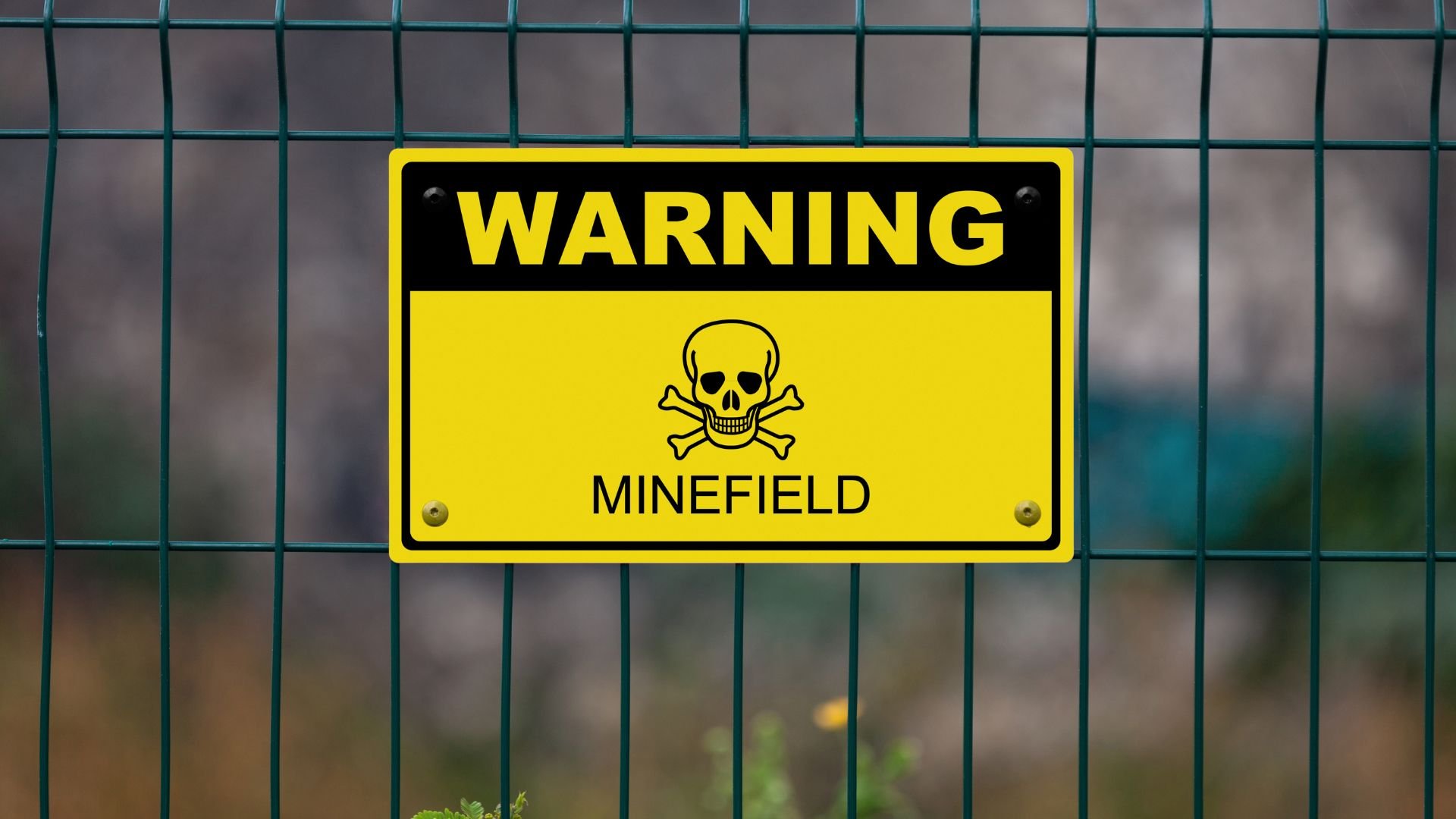From Stress to Success: 7 Expert-Recommended Tips for Your Child's School Anxiety and Refusal
School anxiety can be challenging for both parents and children, but with the right strategies, it’s possible to build confidence and reduce stress. From creating morning routines to developing coping skills and involving school staff, these expert tips can help your child navigate their school day with greater ease.
Unplug to Recharge: Empowering Teens to Take Control of their Mental Health and Technology Use
Teens live in a world of constant connectivity, but this tech-filled lifestyle can take a toll on their mental health. From managing FOMO to navigating social media, parents can support their teens by setting boundaries, encouraging breaks, and fostering healthy technology habits that promote balance and emotional well-being.
Am I Making My Child's Anxiety Worse?
Parents of anxious children often wonder if they’re unintentionally making things worse. From accommodating fears to overreacting to setbacks, certain parenting behaviors can reinforce anxiety instead of helping children build coping skills. The good news? With the right strategies, parents can foster resilience and empower their kids to face challenges.
Meadow or Minefield? Helping Children and Teens Find Flexibility and Resilience in Face of Anxiety
For children and teens with anxiety, life can feel like walking through a minefield, where every step is filled with potential danger. Helping them build flexibility and resilience is key to expanding their world and navigating challenges with confidence and calm.
Breaking the Silence: Understanding and Overcoming Child and Adolescent Social Anxiety
Social anxiety can make everyday interactions feel overwhelming for children and teens. By recognizing the signs, offering support, and seeking evidence-based treatments like CBT or SPACE, parents can help their child build confidence, develop social skills, and navigate social situations with ease.
Is it just a phase?
Are your child's problem behaviors 'just a phase,' or do they need intervention? Dr. Greg Simpson shares expert insights on recognizing when it's time to seek support and how to distinguish normal developmental phases from more serious concerns.
What is Parent Child Interaction Therapy (PCIT)?
Parent-Child Interaction Therapy (PCIT) is an evidence-based intervention designed to strengthen the parent-child relationship and address challenging behaviors in children aged 12 months to 11 years. Through live coaching, parents learn proven strategies to foster connection, improve compliance, and manage emotional dysregulation with confidence.







